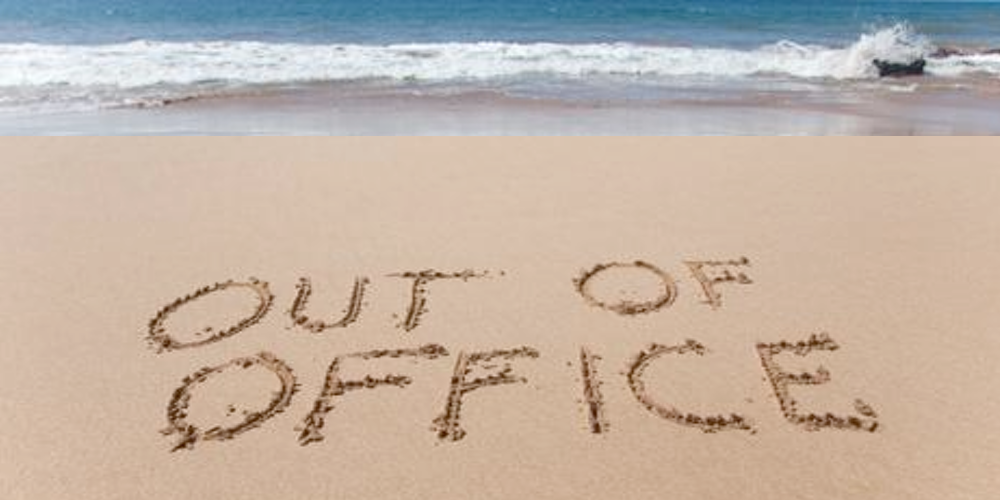
Vacation Justification: The Science Behind Taking a Time-Out To Recharge
All work and no play makes Jack a poor boy.
Forget being dull- according to the Harvard Business Review, giving up time off can hit your bottom line with lost raises, bonuses and unpaid work hours.

In the past fifteen years, Americans have lost nearly a week of vacation time.
In 2000, the average US worker used 20.3 of their vacation days, yet by 2015, that number had dropped to 16.2 days. Intrigued, the U.S. Travel Association and Project: Time Off set out to discover why. Surveys and analysis of labor data refuted the typical arguments – that American workers either don’t want to take vacation, or they fear losing a job. The culprit of these disappearing days, it seems, is the spread of technology.
According the Pew Research Center, nearly half of office-based workers say technology has actually increased the amount of time they spend working, rather than making it easier to take time off. Not really a unexpected conclusion, especially for those who are all-too-familiar with being tethered to their mobile devices 24/7. What is startling, however, is what the joint study revealed about the connection between vacation time and workplace success.
Even if you love your job, do you really want to work for free?
One eye-opening economic impact the study revealed: not taking vacation means you are working for much less-or even for free. Researchers concluded that, “by giving up this time off, Americans are effectively volunteering hundreds of millions of days of free work for their employers. This results in $61.4 billion in forfeited benefits.”

If you want that raise or bonus, you need to go away. Literally.
The joint study also revealed a startling connection between vacation time and workplace success:
It turns out that employees who took fewer than 10 of their vacation days per year had a 34.6% likelihood of receiving a raise or bonus in a three-year period of time, while those who took more than 10 of their vacation days had a 65.4% chance of receiving a raise or bonus.
This contrast between perception – “I’ll be more successful if I am away fewer days” – and the reality uncovered by the study could be a game-changer for both employees and the travel industry.
The bottom line: Don’t let work get in the way of your success.
If you’re having a tough time asking the boss for time off, try making your case with our data-driven Stout Takeaways below. And one final thought on vacation: be OK with doing nothing. As the HBR points out, “All of us are too steeped in a productivity culture to value doing nothing.” Savor the opportunity to set your mind and body free. Be#STOUT, take a time-out.

Use These Data-Driven Points To Make Your Case For Time Off
- Hours worked do not equal productivity.
Exhaustion is not efficient, whether it’s mental or physical. Make more out of less by recharging regularly. - It’s a physical thing.
Vacation can reduce stress and improve energy levels, so clock out to power up. - But quality matters.
A previous HBR study revealed that, “poorly planned and stressful vacations eliminate the benefits of time away.” Their advice? Plan ahead. Proper planning, along with social connections, true disconnect from work and a feeling of safety, indicate a 94% chance that you will net a positive ROI on your time away. - Turn off the technology.
Those mobile devices are both slaves and enslavement. For maximum improvement in your energy and outlook when you return to work, power down while you’re away.
Want more?
For more on recharging, check out our Stout Magazine articles on how to recharge and the latest from The Ladders on the benefits of vacation.
